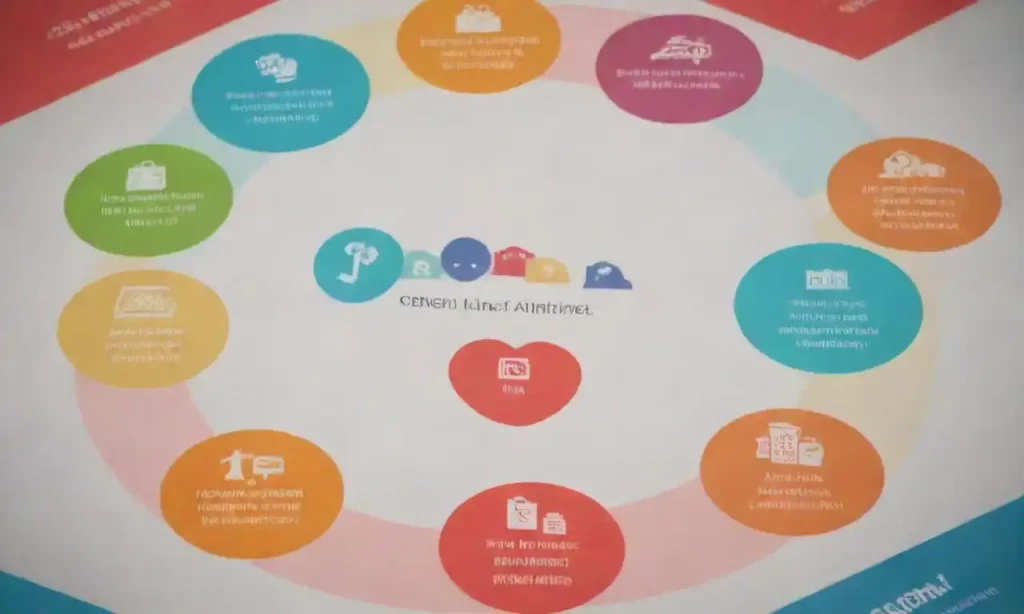Differences Between an Estate Plan and a Will Explained

When it comes to ensuring your loved ones are cared for and your assets are distributed according to your wishes after your death, understanding the nuances of estate planning is essential. Many people often confuse an estate plan with a will, but these two concepts serve different purposes and entail specific components that cater to various needs. Distinguishing between them is crucial for anyone looking to make informed decisions about their legacy and how their affairs will be handled in the event of their passing. This article aims to clarify these differences while also providing deeper insights into the broader context of estate planning.
In this article, we will delve into the fundamental distinctions between an estate plan and a will. We will explore what constitutes an estate plan, including various elements such as trusts, powers of attorney, and healthcare directives, and how these components work together to build a comprehensive plan for asset management and distribution. Following this, we will closely examine what a will entails, its legal implications, and how it fits into the larger picture of estate planning. By the end of this exploration, you will have a clearer understanding of how to ensure your wishes are honored and your loved ones are protected.
Understanding Estate Planning
Estate planning is a comprehensive process that encompasses the management and distribution of an individual's assets following their death. The primary goal of estate planning is to ensure that your assets are transferred to your beneficiaries smoothly and efficiently while minimizing taxes and legal complications. An estate plan goes far beyond merely outlining what happens after one passes away; it serves as a roadmap for your financial and personal matters during your lifetime and after. This is particularly vital for those with significant assets, complex family dynamics, or specific wishes regarding healthcare and financial management.
An effective estate plan generally includes a variety of documents, such as a will, trusts, powers of attorney, and healthcare directives. Trusts can be particularly beneficial in avoiding probate, which can be a lengthy and costly legal process. Different types of trusts, such as revocable living trusts or irrevocable trusts, provide different levels of control and flexibility over your assets. Powers of attorney allow you to designate someone you trust to manage your financial affairs if you become incapacitated. Additionally, healthcare directives ensure that your medical wishes are followed when you cannot articulate them yourself, providing another layer of security for you and your family. By creating an estate plan, individuals take proactive steps towards safeguarding their assets and making their wishes clear, which can significantly alleviate stress for family members during a difficult time.
The Role of a Will
A will, also known as a last will and testament, is a legal document that outlines your wishes regarding the distribution of your assets after death. While it is often a crucial component of an estate plan, a will alone does not encompass the comprehensive protections and provisions that a full estate plan provides. A will specifically enables you to name beneficiaries for your belongings, designate guardians for minor children, and appoint an executor to manage the distribution of your estate. In many cases, having a will can help prevent disputes among surviving family members, making it a vital document even for those with relatively simple estates.
The Interplay Between Estate Plans and Wills
The relationship between an estate plan and a will is integral, as they both serve to protect your interests and fulfill your wishes. A well-crafted estate plan typically incorporates a will, viewing it as one piece of a larger puzzle. It is important to ensure that the will aligns with the overall estate plan, as inconsistencies can lead to conflicts and confusion among beneficiaries. Regular reviews and updates to your estate plan are necessary, especially following significant life events such as marriage, divorce, or the birth of a child, to ensure that all components, including the will, accurately reflect your current wishes.
When to Consider an Estate Plan and Will
Determining when to create an estate plan and a will can depend on a variety of personal factors, including financial status, family structure, and individual desires regarding asset distribution. While younger individuals may think estate planning is unnecessary, it is never too early to start this process. Life is unpredictable, and unforeseen events can occur at any age, making it essential to have an estate plan in place as a safety net for your loved ones. Moreover, you don’t have to be wealthy to benefit from an estate plan; even individuals with modest assets often have specific wishes that should be documented.

Leave a Reply